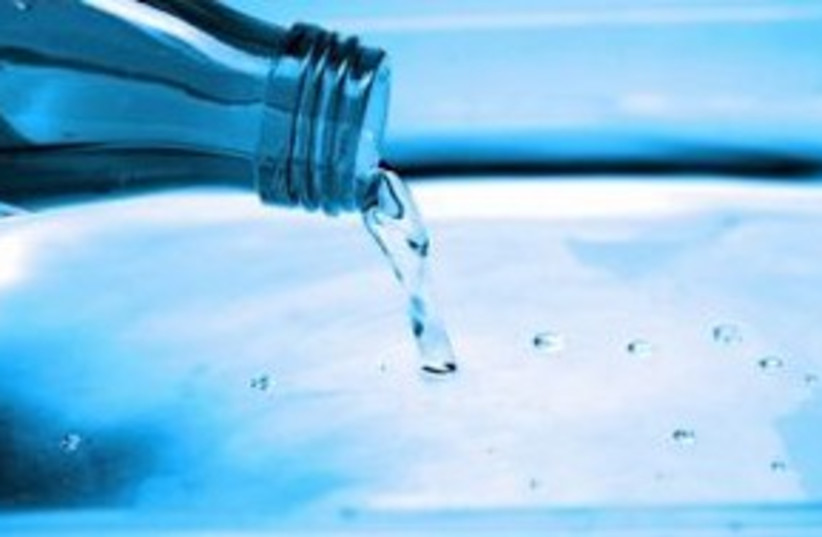Let's face it: When it comes to organizing gear to go out and choosing clothes for a baby, it's a lot easier in the summer. You don’t need loads of blankets and excess layers, no worries about rain soaking you, making the whole procedure much simpler and faster.
Summer requires a different approach for parents when caring for the baby and ensuring safety at sea or in the pool, preventing dehydration and much more.
To make sure you know important guidelines and give them special attention, here are tips from parental guide Maya Sofer to properly care for babies in the summer.
Dressing newborns
A newborn baby is unable to regulate body temperature. The baby cannot say that they are cold, so dress them in one additional layer. Also, babies cannot cool themselves, so do not dress them too warmly on hot days. The rule is one layer more than what we wear, so if you are in a t-shirt, a newborn baby can wear a shirt with long, thin sleeves.
The rule for a sling or blanket is similar to clothing guidelines.
A sling or blanket that you use daily functions as a layer of clothing. Keep this in mind when dressing the baby, and if they are frequently in the sling, dress the baby while noting the outside temperature.

Water, water, water
According to the Ministry of Health guidelines, a baby does not need extra water until the age of six months as long as the main food is breast milk or formula. At six months, with the transition to solids, water should be added to the baby's diet. This guideline is more valid on hot days, and it should be noted that the baby drinks enough. If the baby refuses to drink water, make sure to "supplement" fluids with breastfeeding or an additional bottle of formula.
Breastfeed more on hot days
Breast milk is constantly changing and adapting itself to the baby's needs, so on hot days the milk will become thinner and contain more water in order to give a baby the right amount of fluid. Whether the baby is on full breastfeeding or in combination with solids, they may want to breastfeed more on hot days and should be allowed to.
Offer more bottles
Although it makes sense, don’t dilute the formula on hot days and offer more water than powder. Instead, give another bottle to provide a second source of fluid. When we put water in the baby's tiny stomach, they fill it and create a feeling of fullness. In the short term, this will affect food intake. Make sure that the baby does not eat less and do not dilute formula so that they receive enough calories for proper growth and development.
Don’t cover the stroller entirely
It's true that your goal is good, and you want to save the baby from the sun, but when you cover the entire stroller it’s like leaving a baby in a car that heats up in the sun. You can buy a sunshade, or put a cloth diaper on the stroller in a way which shields the baby from the sun but lets air circulate to keep the baby cool.
Extreme vigilance at sea and in the pool
At the sea or in the pool, observe the safety rules. Do not take your eyes off the little one even for one second. Also make sure to smear their skin with sunscreen, put a hat on the baby and of course give them plenty of water, breastfeeding or formula.
This article was written in partnership with the JAMA parenting app.
